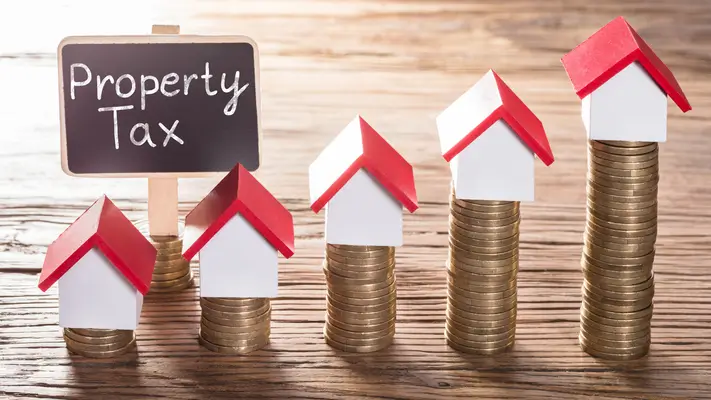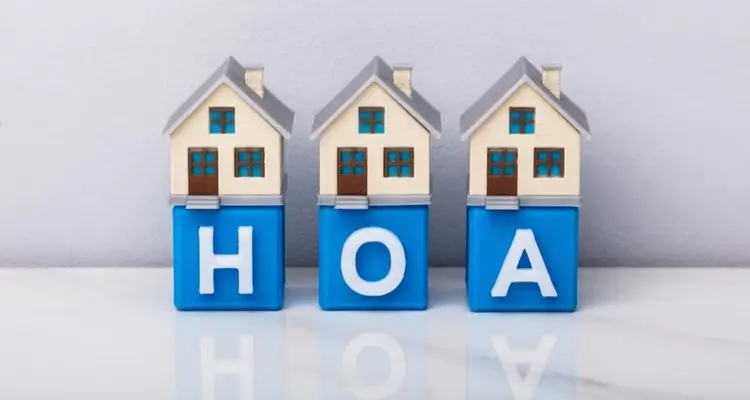
Government Home Loans | ||||
Loan Type | Min Credit Score | Down Payment | Max DTI Ratio | Income Limit |
FHA Loan | 580 | 3.5% | 43%-50% | NA |
VA Loan | 580-620 | No down payment | 50% | NA |
USDA Loan | 640 | No down payment | 50% | 115% of area median income |
203k Loan | 640 | 3.5% | 45% | NA |
Rate Search: Check Rates and Compare Loans Offers
What is a Government Home Loan?
There are two types of home loans, conventional and government loans. A conventional loan is guaranteed by private mortgage insurance companies, while a government-backed home loan is guaranteed by the federal government.
Conventional mortgages require a higher down payment and have stricter borrower requirements making them harder to qualify for. Government home loans were created to increase homeownership in America by making it easier to qualify for a mortgage.
A government-backed is a that is guaranteed by the federal government. If a defaults on their payments, the government agency guaranteeing the loan pays off the principal balance, takes possession of the property, and lists it for sale as a HUD home (The Department of Housing and Urban Development).
Government loans are only available to borrowers who plan to live in the home as their primary residence, investors are not eligible.
Government-Backed Home Loan Programs
FHA Loans
An is guaranteed by the Federal Housing Administration, allowing lenders to lower their minimum requirements making it easier to qualify for an than other types of loans.
FHA loans have the lowest credit requirements of any type of mortgage loan requiring a 500 credit score with 10% down, or a 580 credit score with 3.5% down. They are very popular with first-time homebuyers with their low down payment and credit requirements.
Pros and Cons of FHA Loans | |
Pros | Cons |
• Low credit score requirements | • Lower loan limits |
• 3.5 percent down payment | • Includes an up-front MIP fee |
• Low interest rates | • MIP required for the life of the loan |
• Easier to qualify for | • Strict underwriting requirements |
• Down payment can be a gift | • Higher mortgage insurance costs |
• Fixed and adjustable-rate loan options | • Not available for investment or second properties |
• Up to 50% Debt-to-income ratio | • More restrictions on the types of properties that qualify |
• They are assumable | |
• Easy to refinance with streamline refinancing | |
• Up to 6% of closing costs can be paid by the seller | |
USDA Loans
The US Department of Agriculture created the USDA mortgage program to make it easier for low-to-median homebuyers in rural areas of the country. USDA loans provide 100% financing and allow borrowers to finance closing costs, which means you will need very little money upfront.
USDA loans require a 620 credit score and have an income limit of 115% of the area median income.
USDA Loan Benefits |
• 100% financing |
• Low mortgage insurance premiums |
• Low interest rates |
• No cash reserves required |
• Up to 50% debt-to-income ratio accepted |
• No pre-payment penalty |
• closing costs can be rolled into the loan |
VA Loans
VA loans are guaranteed by the Department of Veterans Affairs and offered by private lenders. They do not have a minimum credit score requirement or maximum loan limit. A down payment is not needed with a VA loan and there is no mortgage insurance premium required making them one of the most desirable mortgage programs available today.
12 Benefits of VA Loans |
• No down payment |
• No mortgage insurance premium (MIP) |
• Low credit scores may be approved |
• Flexible borrower requirements |
• Low interest rates |
• Lower closing costs |
• Up to 50% debt-to-income ratio |
• VA negotiates with the lender if you are facing foreclosure |
• No loan limits |
• The seller can pay 6% of closing costs |
• Lower monthly payment than other loan types |
• No Prepayment Penalty |
FHA 203k Loans
FHA 203k home loans are a type of home rehabilitation loan that is insured by the Federal Housing Administration. 203k loans provide financing to purchase a home, plus additional funds to repair or renovate a property.
Pros and Cons of FHA 203k Loans | |
Pros | Cons |
• Low 3.5% downpayment requirement | • Must hire a professional licensed general contractor (no DIY repairs) |
• 640+ credit scores qualify | • Labor and time-intensive |
• Get extra money to make cosmetic repairs | • Requires mortgage insurance premiums |
• Borrow money to make mortgage payments for up to 6 months | • Extended closing times |
• Get cash for major repairs or renovations | • Strict underwriting requirements |
• Low interest rates | • Construction consultant required |
FHA energy efficient mortgage
The FHA energy efficient mortgage program finances the purchase of a home and funds to make energy efficient upgrades.
Native American Direct Loan (NADL)
Native American veterans can build a home on a Federal Trust loan using the Native American Direct loan which is a type of government-backed home loan. A minimum 620 credit score is required for 100% financing.
Read More » Information on the Native American Direct Loan Program
Government Loan Refinance Programs
Streamline Refinance
Government-backed mortgage loans offer streamline refinancing which is a way to refinance your loan quickly with less documentation. Income documents and a home appraisal are not needed. A streamline refinance is available for FHA and USDA loans. The VA streamline refinance program is called an Interest Rate Reduction Refinance Loan (IRRRL).
Streamline Refinance Program Benefits |
• A home appraisal is not required |
• Lower your monthly payment |
• No income verification |
• Minimal documentation required |
• Quick and easy process |
• Lower your interest and MIP rates |
• Lower your mortgage insurance rate |
• No loan-to-value limits (You can be underwater on your mortgage) |
Read More » FHA Streamline Refinance Program
Cash-Out Refinance
A cash-out refinance lets you convert the equity in your home to cash. You will receive a new mortgage that replaces the current loan up to 80% of the loan-to-value ratio.
Cash-out Refinance Pros and Cons | |
Pros | Cons |
• Get cash at a lower rate than other types of loans | • Closing costs are as much as a regular mortgage |
• Pay off student loans or other types of debts | • Reduces the amount of equity your have in your home |
• Pay off high-interest credit cards | • Home at risk of foreclosure if you can't make the monthly payments |
• Renovate and make home repairs | • May increase your mortgage payments |
• Payments are tax-deductible | |
• Spend cash as you please | |
• One mortgage payment | |
• Take advantage of lower interest rates that occur in the housing market | |



